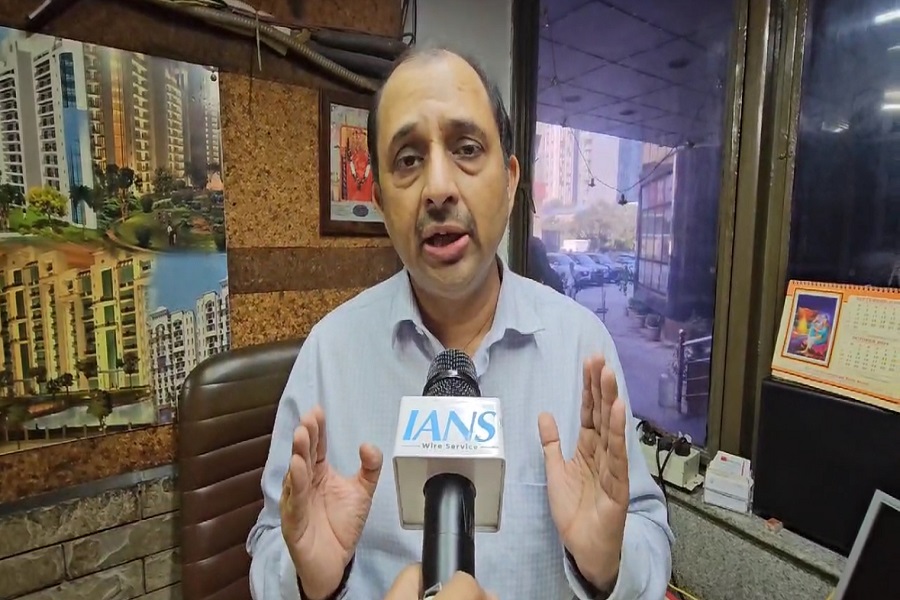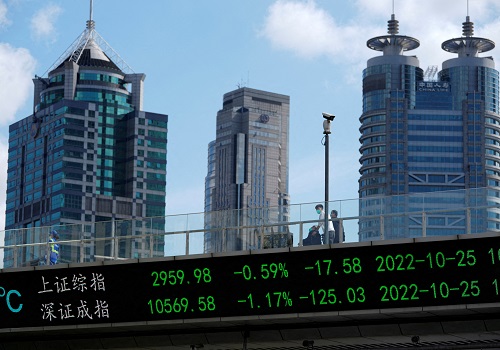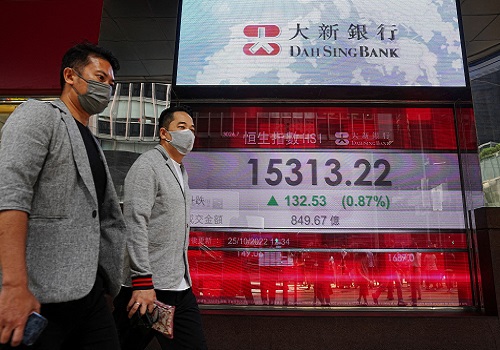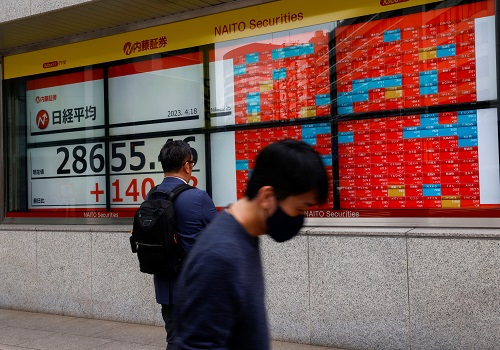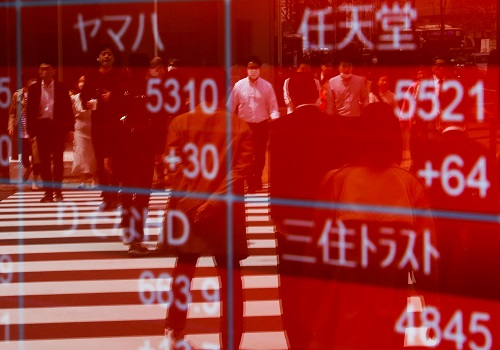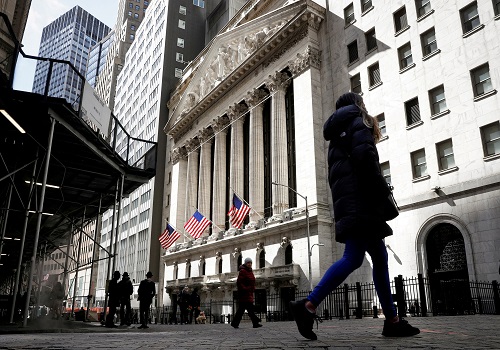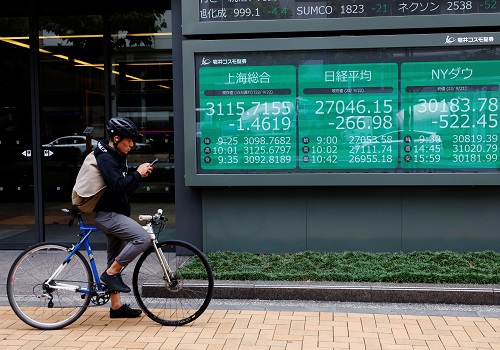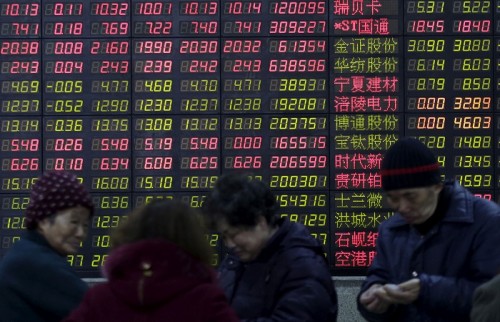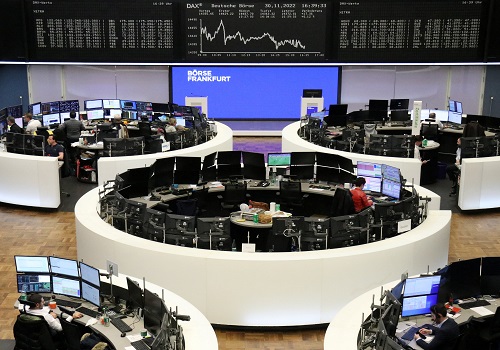Stocks look past rate risks in late rally, yen wilts
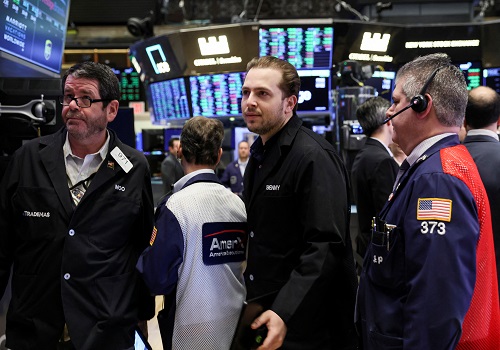
Follow us Now on Telegram ! Get daily 10 - 12 important updates on Business, Finance and Investment. Join our Telegram Channel
NEW YORK -World stock markets cast aside fears of rising interest rates on Monday with the tech-heavy U.S. Nasdaq index rallying 1.3%, even as parts of the Treasury yield curve signaled recession risks while oil prices tumbled on fears of weaker Chinese demand.
After a choppy session where stocks oscillated between gains and losses, U.S. shares finally broke higher, with electric car marker Tesla surging almost 8% on news that it will seek investor approval for a stock split.
But the buoyancy in stocks was foreshadowed by several signs and analyst warnings that it may not last, as global interest rates will likely climb higher this year and could drag on economic growth.
In the Treasuries market, for example, the yield curve for two- and 10-year Treasuries presaged growing recession risks on Monday, even though the curve for three-month bills and 10-year Treasuries still pointed to robust economic expansion.
Expectations of rising global interest rates prolonged a sell-off in European government debt, enabling Dutch and Belgian two-year bond yields to turn positive for the first time since 2014. [GVD/EUR]
The tide of rising global yields led Japan's central bank to declare on Monday a steadfast attempt to defend its 0.25% yield cap, vowing to buy an unlimited amount of government bonds for the first four days of the week.
The announcement sent the yen reeling to a six-year low at one point. Unlike other major economies that are battling surging price pressures, inflation in Japan remains well below its 2% target.
By early evening, MSCI's gauge of stocks across the globe gained 0.39%.
The Nasdaq Composite jumped 1.31%, the Dow Jones Industrial Average rose 0.27% and the S&P 500 climbed 0.71%.
A lockdown in China's financial hub of Shanghai to contain surging COVID-19 cases, on the other hand, weighed on Chinese shares and dragged on oil prices, as investors anticipated weaker demand from the world's No 2 economy.
U.S. crude fell a whopping 9.14% to $103.49 per barrel and Brent skidded 9.1% to $109.70. [O/R]
In the currency market, the Japanese yen shed 1.4% versus the dollar to 123.87 per dollar, after skidding as much as 2.5% at one point to notch its biggest one-day drop since March 2020.
Japan should intervene in the currency market or raise rates to defend the yen if it weakens beyond 130 to the dollar, the country's former top currency diplomat, Eisuke Sakakibara, said.
TECH STOCK RALLY COULD STALL
With some investors betting that U.S. rates could rise by 50 basis points in April, analysts warned that stocks could succumb to deeper losses in coming months.
"One of the more confounding developments during the past two weeks has been the strength of the rebound in the tech-heavy Nasdaq-100 Index at the same time interest rates soared to cycle highs," said Lisa Shalett, head of the global investment office at Morgan Stanley Wealth Management.
"As this and other yield curves head toward inversion, the nascent rebound in megacap tech stocks may stall."
Indeed, the U.S. Treasury yield curve, as measured by the gap between five and 30-year yields, inverted on Monday for the first time since early 2006, as a sell-off in the bond market resumed, with short-dated yields jumping to their highest since 2019.
Fixed-income analysts said the inverted yield curve indicated that some investors believe the Fed's policy tightening will put the brakes on economic growth. [US/]
The two-year Treasury yield climbed to 2.334%, from 2.299%, while 10-year U.S. Treasury yields retreated to 2.459%, after initially pushing above the 2.5%-marker for the first time since 2019 [US/].
Francois Savary, chief investment officer at Swiss wealth management firm Prime Partners, said portfolio rebalancing ahead of quarter-end helped explained strength in equities in the face of surging bond yields.
"A day of reckoning is coming because at the start of April you have earnings season and you will get a sense of the impact of rising energy prices and guidance for the future," he said
"I would not bet on the rally continuing in a straight line," Savary added.
Euro zone bonds continued their move into positive-yield territory, while money market pricing suggested investors were now anticipating 60 bps worth of rate hikes from the European Central Bank by year-end compared with 50 bps last week.
British 10-year bond yields hit their highest levels in six years, Swiss 10-year yields and Australian three-year bond yields rose to their highest levels since 2014.
In commodity markets, gold softened to $1,931 an ounce, down about 1.35%. [GOL/]








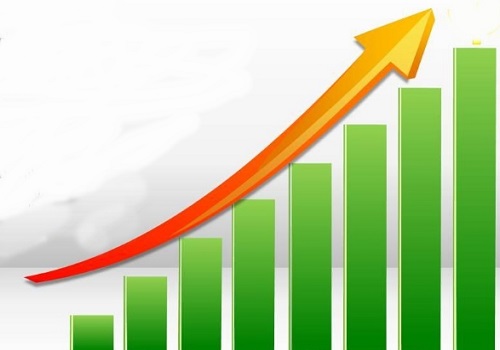
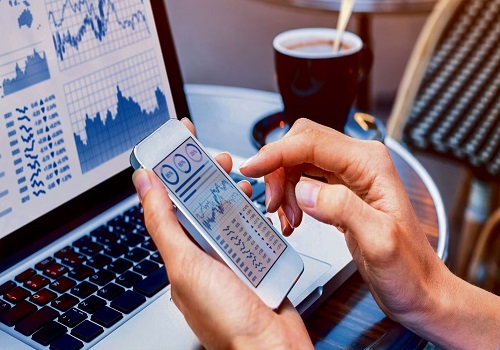


 320-x-100_uti_gold.jpg" alt="Advertisement">
320-x-100_uti_gold.jpg" alt="Advertisement">


